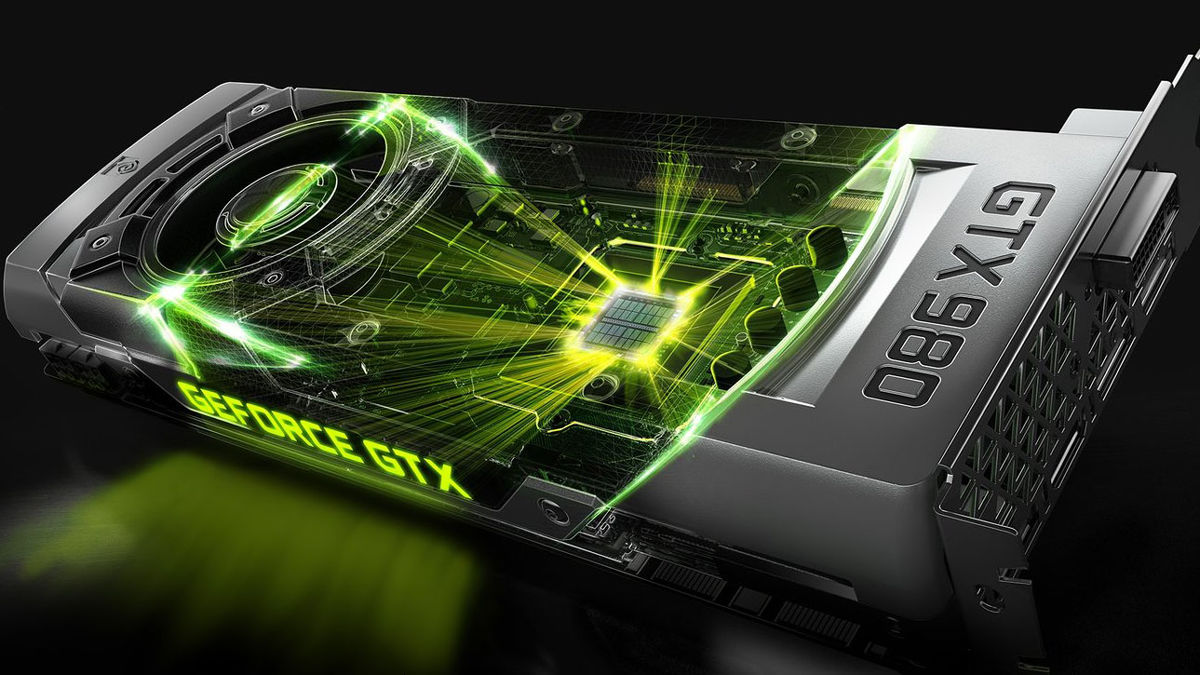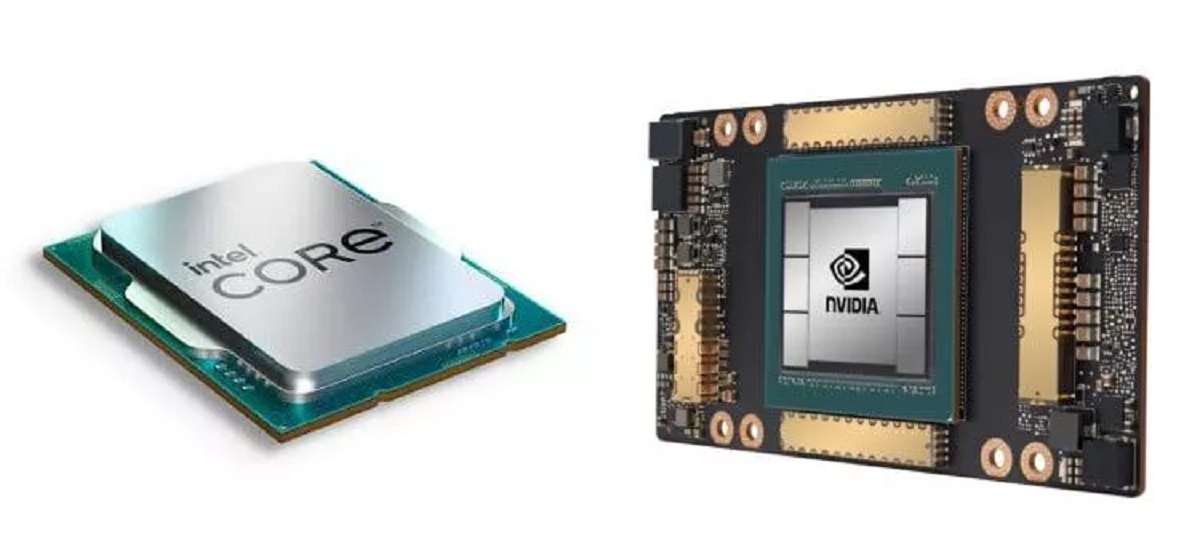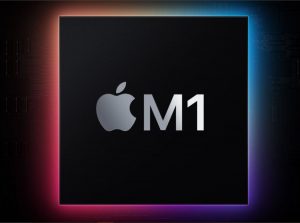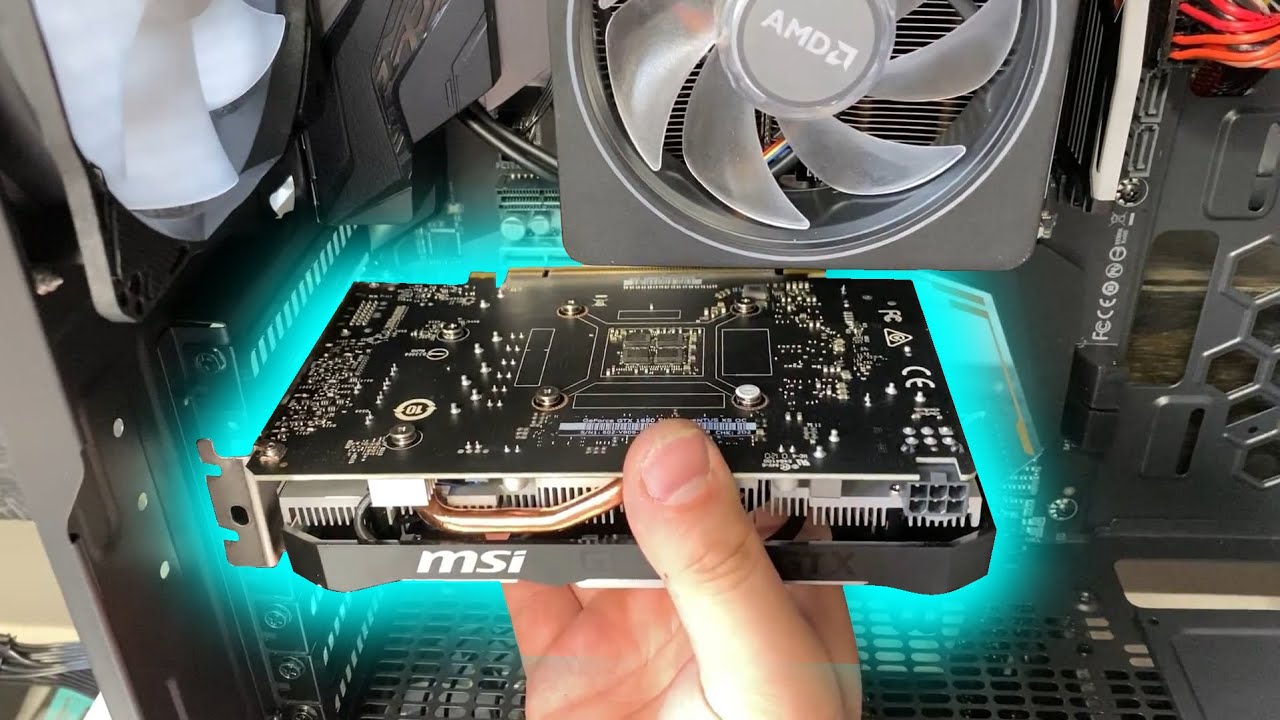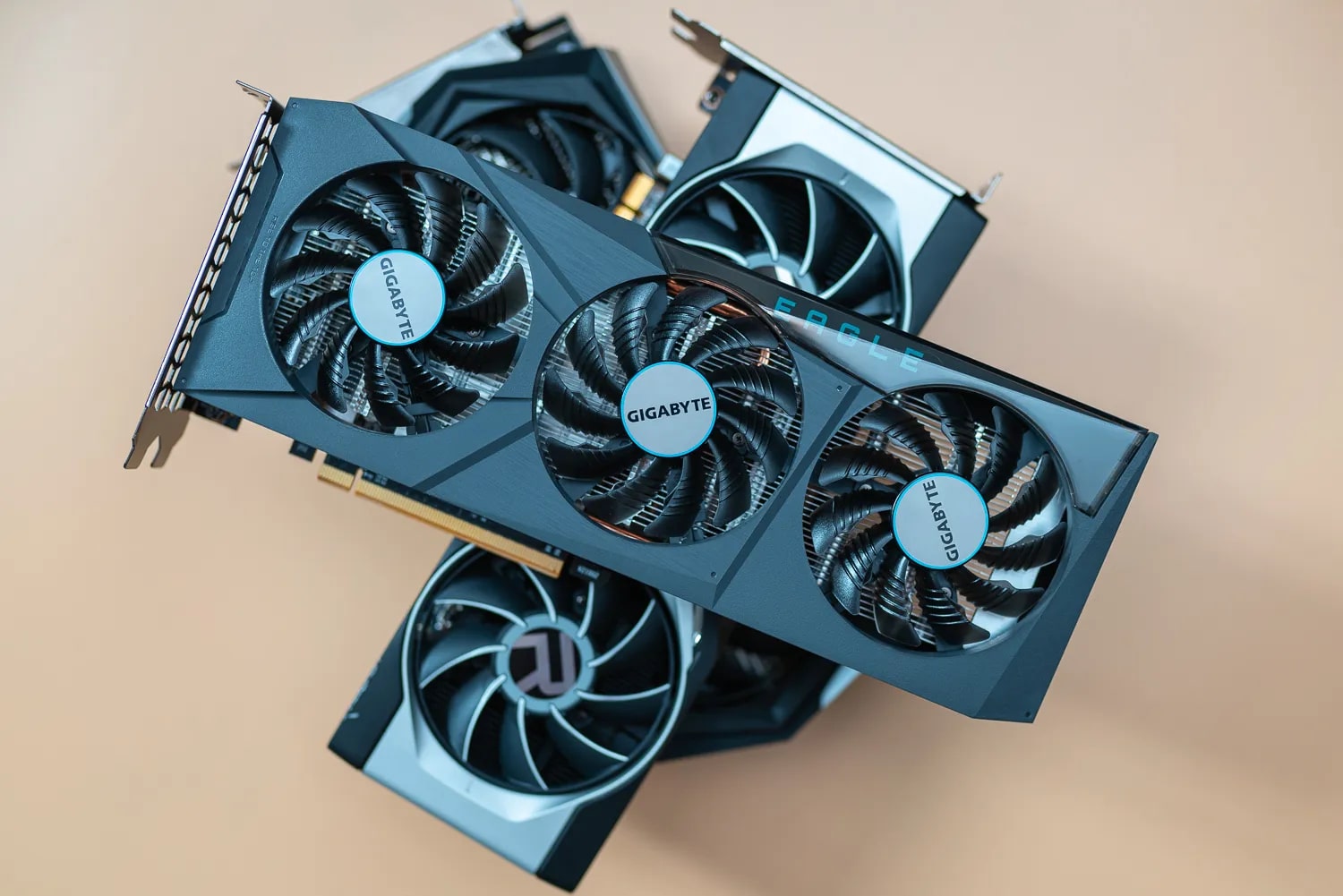A new Germany-based startup, Semron, is making waves in the tech industry with its innovative approach to AI chip design. Co-founded by engineering graduates Kai-Uwe Demasius and Aron Kirschen, the company is pioneering the use of “memcapacitors” to power its 3D-scaled chips, aiming to revolutionize energy-efficient computing for consumer electronics devices.
Key Takeaway
Semron’s innovative use of memcapacitors in 3D AI chip design has the potential to revolutionize energy-efficient computing, making advanced AI capabilities more accessible for consumer electronics devices.
Semron’s Unique Approach
Semron’s chips utilize electrical fields instead of electrical currents, a departure from the conventional use of transistors in processors. This unconventional approach not only enhances energy efficiency but also reduces fabrication costs, making advanced AI capabilities more accessible for consumer electronics.
The Memcapacitor Advantage
Unlike traditional transistors, Semron’s chips leverage memcapacitors to perform computations. These memcapacitors, made from conventional semiconductor materials, store energy and control electric fields, enabling the chips to run advanced AI models with higher energy efficiency and reduced heat generation.
Implications and Future Prospects
In a recent study published in Nature Electronics, Semron demonstrated significant energy efficiency gains, with researchers achieving over 3,500 TOPS/W, a metric indicating substantial reductions in energy consumption during AI model training. Despite being in the early stages, Semron has attracted investments from notable venture capital firms and is poised to make a significant impact on the future of computing resources.









